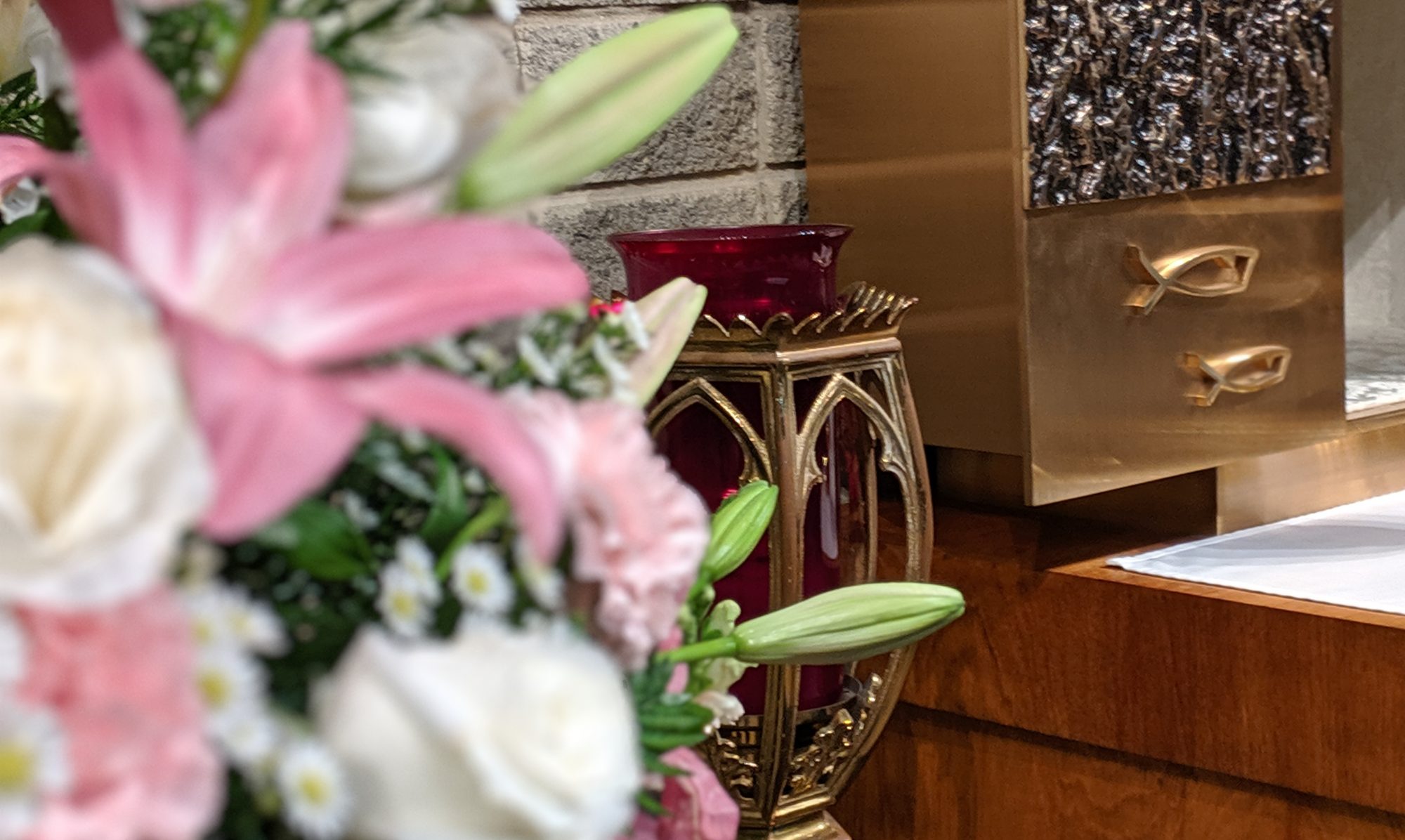Sr. Francis is an Irish nun I had the good fortune to know many years ago back in Dublin. She was the director of a small “nursery school” but a school with a difference. Many of the children there had been referred for care by the children’s courts, children’s welfare officers or the Gardai (Irish Police). To describe her as bossy, pushy, tyrannical even, would be an understatement, she was a force of nature and a nun to be reckoned with. Some might say, like me, she was a true dragon of a nun. However, I have never come across a more devoted or truer advocate for children and their parents. With the put-upon, the beaten, the outcast, the hurt child, the broken soul, she was as gentle as a lamb. With the negligent, the abuser, the violent, when it came to protecting children and mothers, she was a lion. Sr. Francis was one of the best shepherds I have ever had the privilege of knowing.
There are lots of different sorts of shepherds and Jesus chose this image, above all others, to describe Himself. He also offered it as the preeminent image for those He placed in leadership over the Church; pope, bishops, priests in particular, but not only them. These were to be men willing to die, if necessary, to care for God’s sheep. And yet, the most important shepherd’s in our lives and the lives of our children are not the pope, the bishops, or the priests. The most important shepherds in our lives and the lives of our children are parents. Protecting, feeding, guiding, healing, and even searching for the lost, is all part of the life of the shepherd, and the parent.
Obviously, Sr. Francis didn’t have any children of her own. That didn’t matter, she was a shepherd of other people’s children, as if they were her own, and she was a shepherd to other people. This is the same for us also. Jesus calls us all to be good shepherds, and the good shepherd takes care of all the sheep, not just his/her own. Being a shepherd is a way of life not a job. We are called to be shepherds, in fact, God sends us into the world to be shepherds. A shepherd must be as fiery as a dragon, as strong as a lion, and as gentle as a lamb. Not just for his/her own but for the sake of all the sheep. What a great way to live a life.
The good shepherd is not concerned about him/herself first. The good shepherd is concerned first for the welfare of the sheep. And this is the point – when God sent us into the world, He sent us on a mission, first, to love God and second, to love others. We should not to be the center of our lives or our concerns. Only one who lives generously will find fulfillment in life. A life centered on ourselves is too small a way to live. A life focused on God and others – now that’s a big life and a life worth living. As Jesus said, “give and you will receive.”
Jesus, in a moment of sadness and empathy, said to His apostles: “I look around and I see the people and they are like sheep without a shepherd.” He invites us to be their shepherds, good shepherds, for His, and our, sheep.
